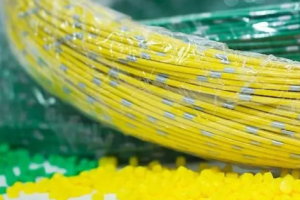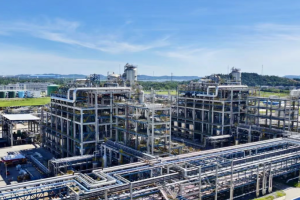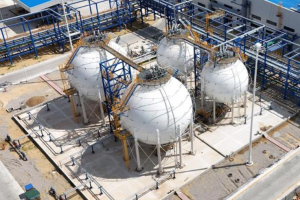July 15, 2025 –
EU’s Revised ELV Regulation Sparks Industry Debate Over Recycled Plastic Targets
Brussels – The European Parliament’s recent decision to lower mandatory recycled plastic content in new vehicles has ignited intense discussions across the plastics value chain. Lawmakers voted 79-27 to reduce the target from initially proposed 25% to 20%, with 15% required to come from closed-loop recycling of end-of-life vehicles.

AsiaMB industry analysts note this parliamentary position sharply contrasts with the EU Council’s stance favoring the original 25% benchmark. The Parliament proposes achieving the 20% target within six years of implementation, while the Council advocates a three-phase approach reaching 25% over a decade.
Technical specifications reveal significant changes:
• Both mechanical and chemical recycling methods qualify for compliance
• Imported pre-consumer recycled plastics must meet stringent environmental criteria
• Manufacturers may use pre-consumer waste for up to half of their recycled content obligation
• Controversially, provisions allowing bio-based plastics inclusion have been removed entirely
Virginia Janssens, Director General of Plastics Europe, expressed disappointment: “The 25% target was both achievable and essential for circular economy progress. Excluding bio-based materials represents a missed opportunity to diversify sustainable material solutions.”
The regulation establishes a five-year review mechanism for assessing implementation progress and potential target adjustments. Compliance timelines vary significantly by vehicle type:
• Passenger cars and vans: 12-month declaration period post-implementation
• Heavy-duty vehicles: 5-year grace period
Industry experts suggest the revised targets reflect Brussels’ attempt to balance environmental ambitions with manufacturing realities. While easing compliance burdens for automakers, the changes raise concerns about slowing circular economy momentum. The exclusion of bio-based plastics may particularly impact emerging sustainable material developers.
As global automotive sectors accelerate sustainability transitions, the EU’s regulatory evolution sets important precedents for other regions. Final adoption requires reconciliation between parliamentary and council positions through upcoming trilogue negotiations. Market observers anticipate intense lobbying from both environmental groups and industry stakeholders in coming months.














